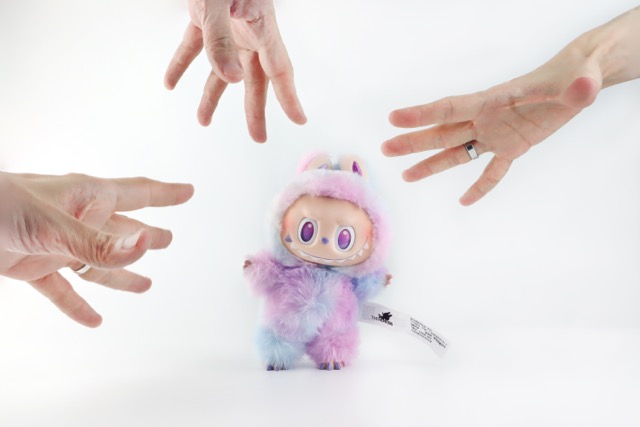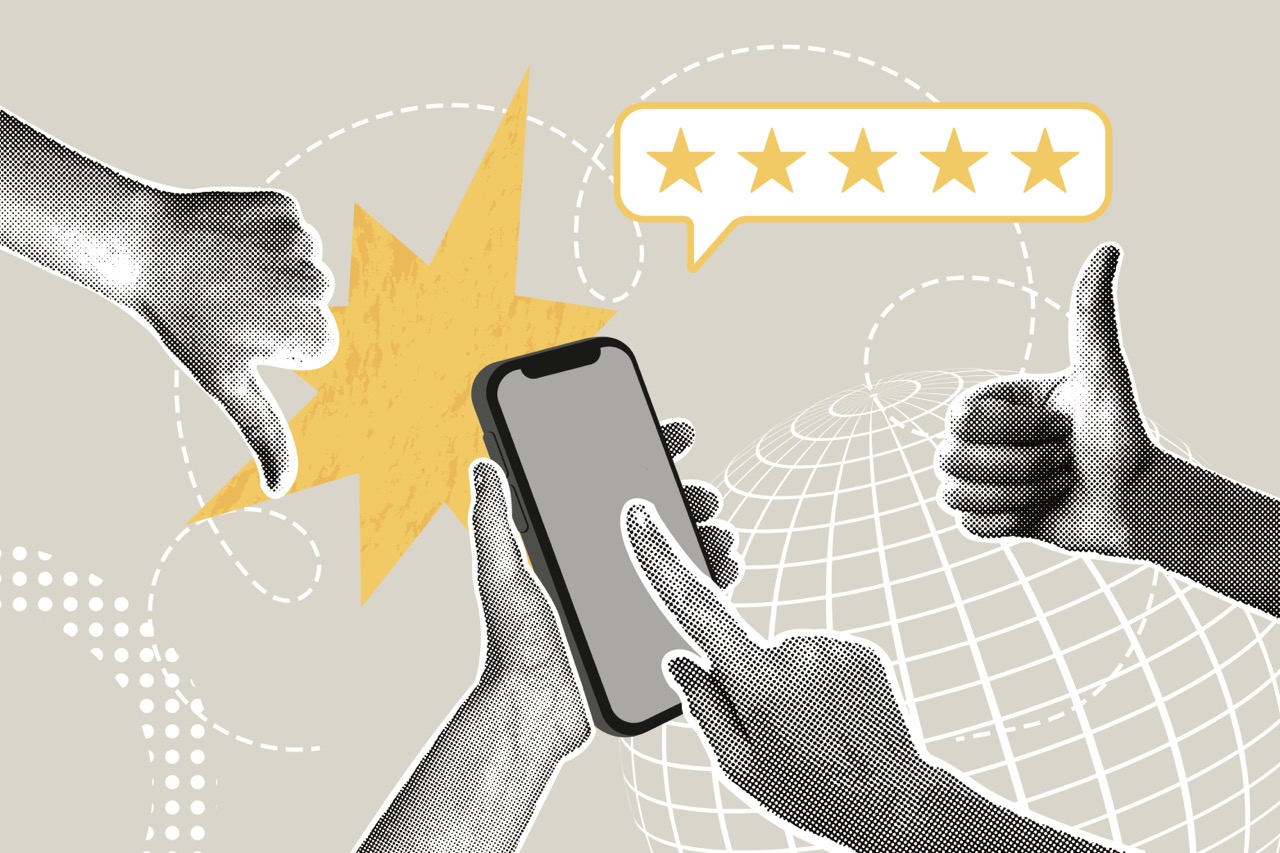Ideas Post
The Psychology of Collectibles: How Small Items Drive Big Sales
Discover how collectibles tap into human psychology to boost repeat sales and loyalty. Learn why small items like cards or toys drive big business impact.


People love to collect. Whether it’s baseball cards, toys in a Happy Meal, or stickers on a water bottle, the urge to “complete the set” is built into us. Smart businesses have tapped into this instinct for decades, turning small, inexpensive items into powerful tools for repeat sales.
From Pokémon cards to McDonald’s Happy Meal toys, the psychology of collecting has proven that sometimes the smallest things drive the biggest business impact.
Why Collecting Works
Humans are wired to complete things. Psychologists call this the completion bias once we start a set, we feel compelled to finish it.
- Owning one card makes you want the other 49.
- Buying one toy makes you want the whole collection.
- Getting “almost there” keeps you coming back.
It’s not just about the item itself it’s about the satisfaction of finishing something. That small, ongoing chase is what turns ordinary purchases into habits.
Case Study 1: Pokémon Cards
Pokémon turned collecting into a cultural phenomenon. People don’t just buy the cards to play; they buy them for the thrill of opening a pack, hunting for rare finds, and building a complete binder.
Scarcity drives demand: rare cards are harder to get, which makes customers buy more packs. Over decades, this cycle hasn’t just sold cards, it's created a multibillion-dollar empire.
Case Study 2: Evike’s Playing Cards
Even niche industries use this strategy. Evike, an airsoft retailer, includes a collectible playing card with each order.
On its own, a card costs pennies. But because there’s a full deck to complete, customers feel a reason to order again. Something as simple as a free card transforms a one-time purchase into a repeat customer journey.
Case Study 3: McDonald’s Happy Meal Toys
McDonald’s mastered the collectible model with Happy Meals. Kids don’t just want the meal they want the toys inside. And not just one toy… the whole set.
Parents who might otherwise skip McDonald’s find themselves making multiple visits until the collection is complete. The toy is cheap, but the strategy is priceless.
Where Collectibles Work Best
Collectible strategies shine in businesses where:
- Products are low-cost (food, accessories, novelty goods).
- Buying cycles are short (weekly or monthly purchases).
- Brands can tie into pop culture or create themed “sets.”
The smaller and more repeatable the purchase, the more powerful a collectible strategy becomes.
How Businesses Can Apply This
You don’t need to be Pokémon or McDonald’s to use collectibles. Here’s how smaller brands can adapt the model:
- Create a series - stickers, pins, digital badges, or mini-products.
- Tie it to your brand - make it something customers associate with you.
- Use scarcity - limited editions or seasonal drops drive urgency.
- Encourage sharing - make collectibles social so customers show off their progress.
- Keep it low-cost - the collectible should feel like a bonus, not a burden.
How Tribu Helps
At Tribu, we help businesses design creative campaigns that turn casual buyers into loyal collectors. Whether it’s a digital loyalty program, limited-edition packaging, or a physical collectible, we use consumer psychology to keep customers coming back.
By blending design, storytelling, and strategy, we turn small touchpoints into big results.
Conclusion
Collectibles aren’t just fun, they're a proven way to drive repeat sales and build brand loyalty. From Pokémon cards to Happy Meal toys, the strategy works because it taps into something deeply human: the joy of completing the set.
The question is: how can your business create its own version of that feeling?
Let's build a tribe together
Ideas, Ideas, Ideas
Featured Work
We don’t just deliver - we make a difference.
Here’s a look at some of our most impactful branding, web, and campaign work. These aren’t just projects - they’re proof of what’s possible when bold ideas meet the right tribe.












